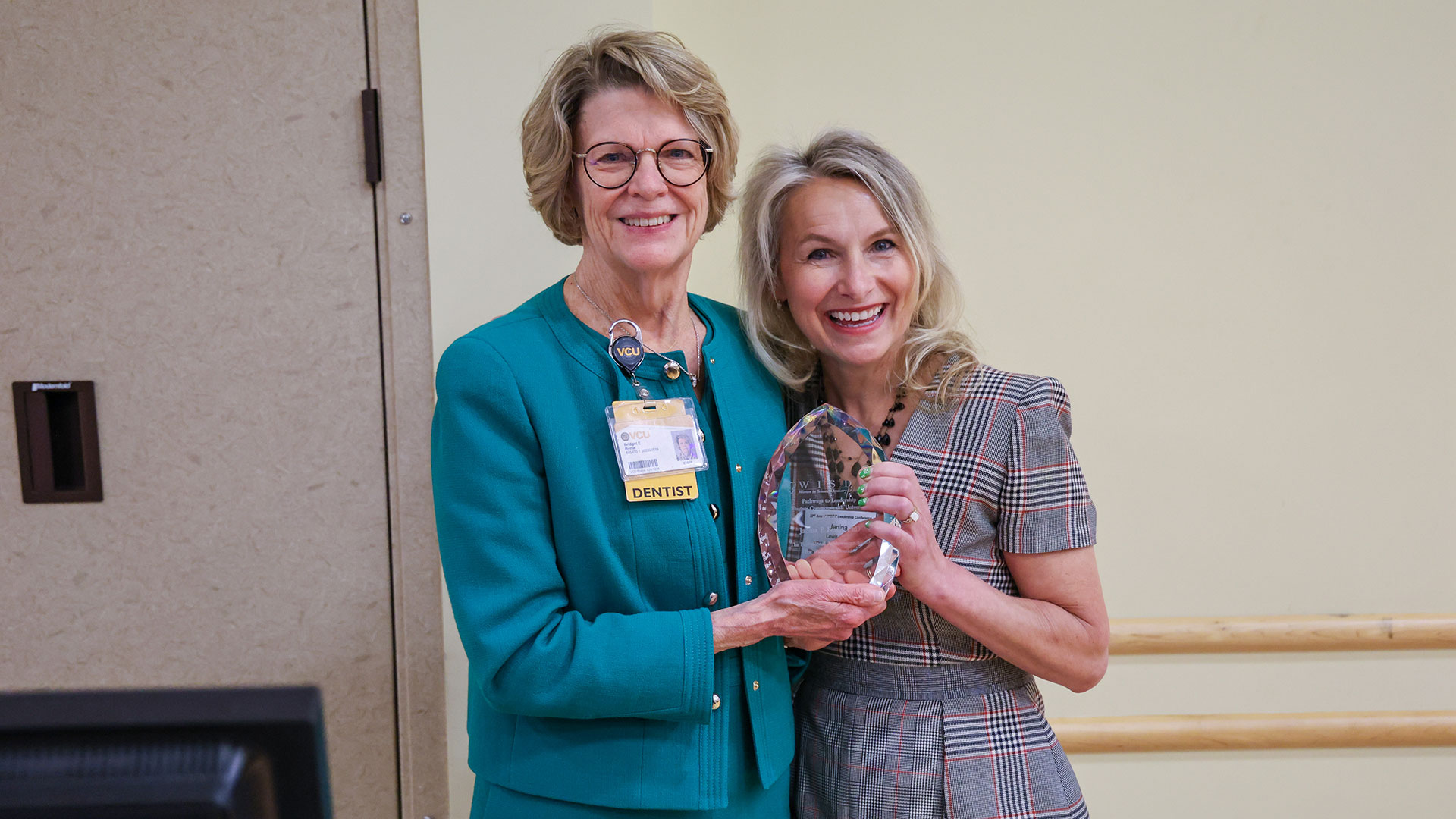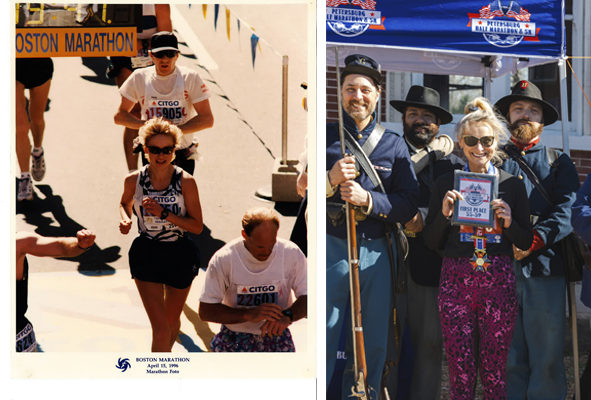
Bulletin of Dental Education Article
Archive
- Bulletin of Dental Education | December 2024, Volume 57, Issue 12
- Bulletin of Dental Education | November 2024, Volume 57, Issue 11
- Bulletin of Dental Education | October 2024, Volume 57, Issue 10
- Bulletin of Dental Education | September 2024, Volume 57, Issue 9
- Bulletin of Dental Education | January 2025, Volume 58, Issue 1
- Bulletin of Dental Education | February 2025, Volume 58, Issue 2
- Bulletin of Dental Education | March 2025, Volume 58, Issue 3
- Bulletin of Dental Education | April 2025, Volume 58, Issue 4
- Bulletin of Dental Education | May 2025, Volume 58, Issue 5
- Bulletin of Dental Education | June 2025, Volume 58, Issue 6
- Bulletin of Dental Education | July 2025, Volume 58, Issue 7
- Bulletin of Dental Education | August 2025, Volume 58, Issue 8
- Bulletin of Dental Education | September 2025, Volume 58, Issue 9
- Bulletin of Dental Education | October 2025, Volume 58, Issue 10
- Bulletin of Dental Education | November 2025, Volume 58, Issue 11
Virginia Commonwealth University SOD Researcher Finds Passion in the Lab and on Foot
By Garrison Higgins and Jacob Dougall, Virginia Commonwealth University SOD Students
When she isn’t serving as the Virginia Commonwealth University School of Dentistry (VCU SOD) Director of Faculty Advancement, researching the molecular mechanisms of periodontal disease or receiving an award for professional achievement, there’s a decent chance that you’ll find Janina Lewis, Ph.D., on the trails of Short Pump or training for the Richmond Marathon.
Dr. Lewis joined VCU SOD in 1994 as a graduate student, just a couple of short years after arriving from Poland, her home country. Focusing on microbiology and immunology, Dr. Lewis obtained her degree in 1997, which sparked a journey of research and professional achievement alike.
These days, amongst many other things, Dr. Lewis oversees the promotions and evaluation of VCU SOD faculty. Last spring, Dr. Lewis received the WISDM (Women in Science, Dentistry, and Medicine) Professional Achievement Award, which honors female faculty members who go the extra mile in their field.

Speaking of miles—back in 1994, still relatively early in her Richmond, VA, experience, Dr. Lewis noticed an advertisement in the Richmond Times Dispatch, promoting a training group for the upcoming distance race. One thing led to another, and Dr. Lewis found herself on the starting line, among 500 others. After a “quick” three hours and thirty-four minutes (which averages out to nearly eight minutes per mile), Dr. Lewis’ legs had endured all 26.2 miles of Richmond’s finest landscapes.
Her impressive debut performance was also enough to qualify for a spot at the Boston Marathon, one of the seven Abbott World Marathon Majors that attracts half-a-million spectators per year. And despite the generalized pain, blisters and soreness that would linger for days, Dr. Lewis caught the running bug quite quickly

Iconic Boston. Coastal Virginia Beach. Scorching Jacksonville. Historic Petersburg. These cities, both near and far to VCU, have had at least 13.1 of their miles traversed by Dr. Lewis. Throughout the 1990s, she continued to shave down her pace, peaking at about 7:30 min/mile (three-hour, 17-minute marathon) on the flat, yet humid terrain of Jacksonville, FL.
What started as a somewhat spontaneous hobby quickly grew into a newfound passion. However, as is inevitable in life, one’s priorities begin to slowly shift over time. Twenty-five years and four kids later, Dr. Lewis still incorporates running into her weekly routine but tends to seek out races more local to Richmond, such as the Monument Avenue 10K or the James River Scramble.
Third-year dental students and creators of Buccal Up! Recreation, a student-led publication, Garrison Higgins and Jacob Dougall recently spoke with Dr. Lewis about all things related to running.
Q: Do you have any favorite spots in Richmond to run/walk?
A: Belle Isle, Brown’s Island, the Innsbrook Lakes and the Capital Trail.
Q: Headphones or silence?
A: For most of the time, no headphones. Running is a necessary quiet time for crafting ideas and polishing up research. It’s also a great time to relax and enjoy the scenery of Richmond.
Q: Running before vs. after the workday?
A: Morning, morning, morning—it simply starts the day on the right foot. This often requires the use of 3M reflective lights or bracelets for safety.
Q: Any tips for balancing work vs. fitness vs. relaxation?
A: While it is not easy, it is important to prioritize all three. In the context of dental students, I recommend quick fitness breaks in the midst of studying sessions. After a run, my academic and research efforts are much more efficient.
Q: After a long run/race… any go-to “cheat meals?”
A: I will typically stick around at the post-race celebration and take advantage of all the free food and drinks.
A Message From the Authors
Dental school, along with dentistry as a whole, is no easy profession—and each person has their ways of physically decompressing and escaping that loupe-induced tunnel vision. Through this article, the authors are not aiming to equate “stress relief” with a ticket to a local half-marathon. Wellness, as a concept, manifests itself in a million different forms.
While Dr. Lewis has sought out this notion on foot, others may do so with the stroke of a paintbrush, the swing of a seven-iron, the shifting of gears on a bike or the strum of a guitar. As third-year dental students, Mr. Higgins and Mr. Dougall have discovered that after lengthy days of patient care, multi-hour study binges are neither efficient nor sustainable. However, when interrupted by brief episodes of recreation, eyes and brains alike remain on the fresher side, and those academic concepts tend to stick around longer.
Although dental students are 15 to 20 years removed from the playground, it holds true that children learn better after recess.
Courtesy of Garrison Higgins and Jacob Dougall, Buccal Up! Recreation, Virginia Commonwealth University School of Dentistry
Published on February 12, 2025
